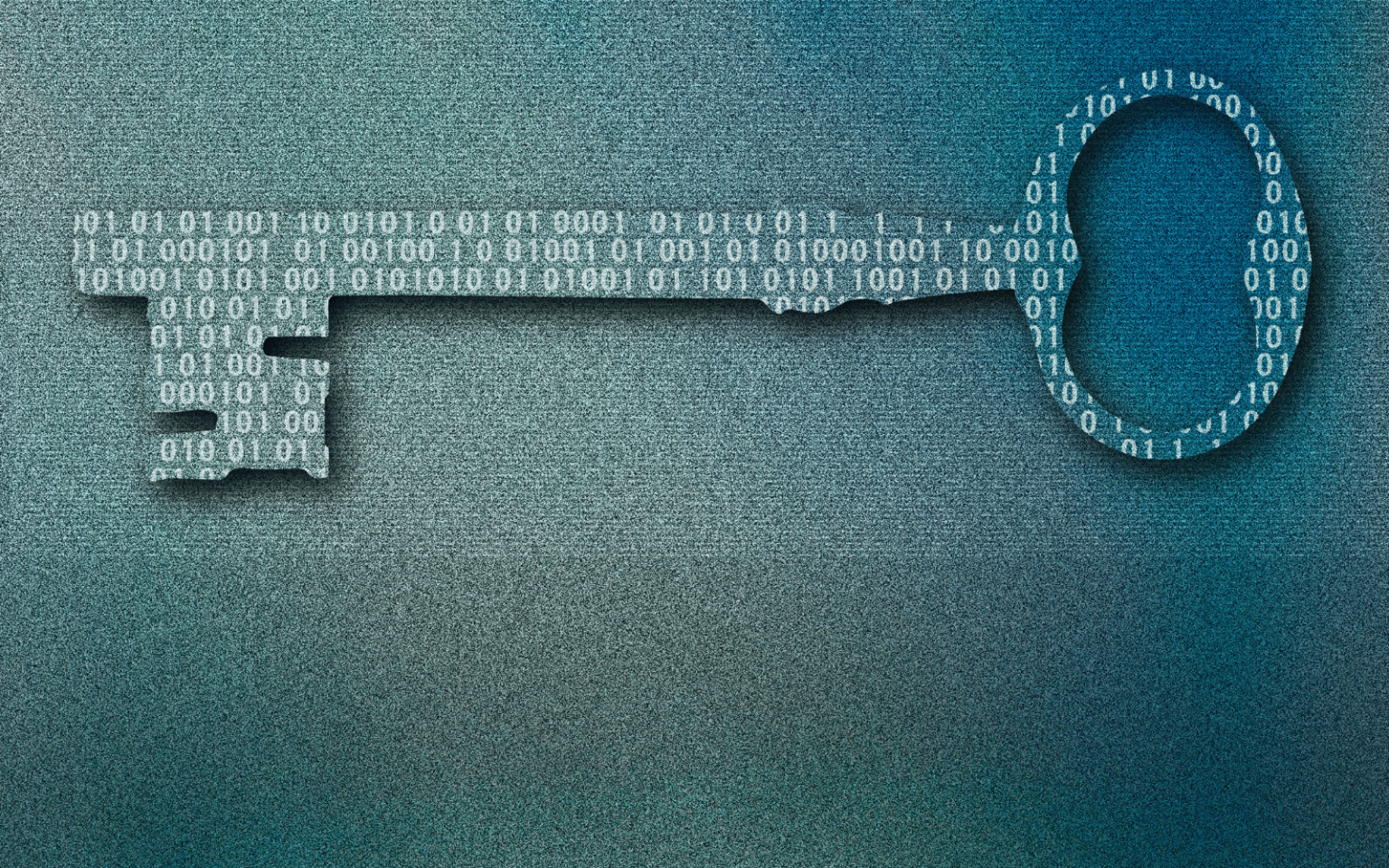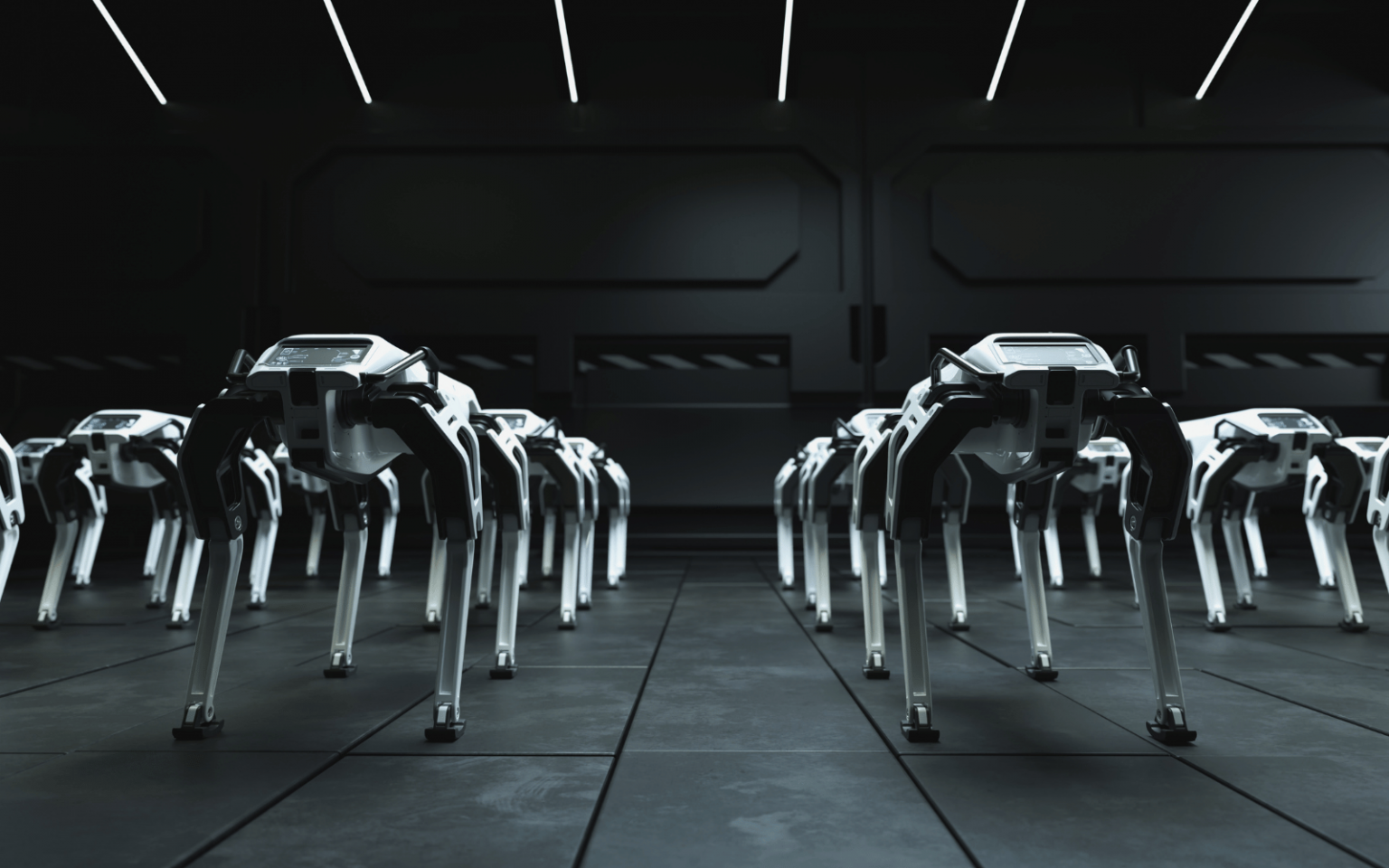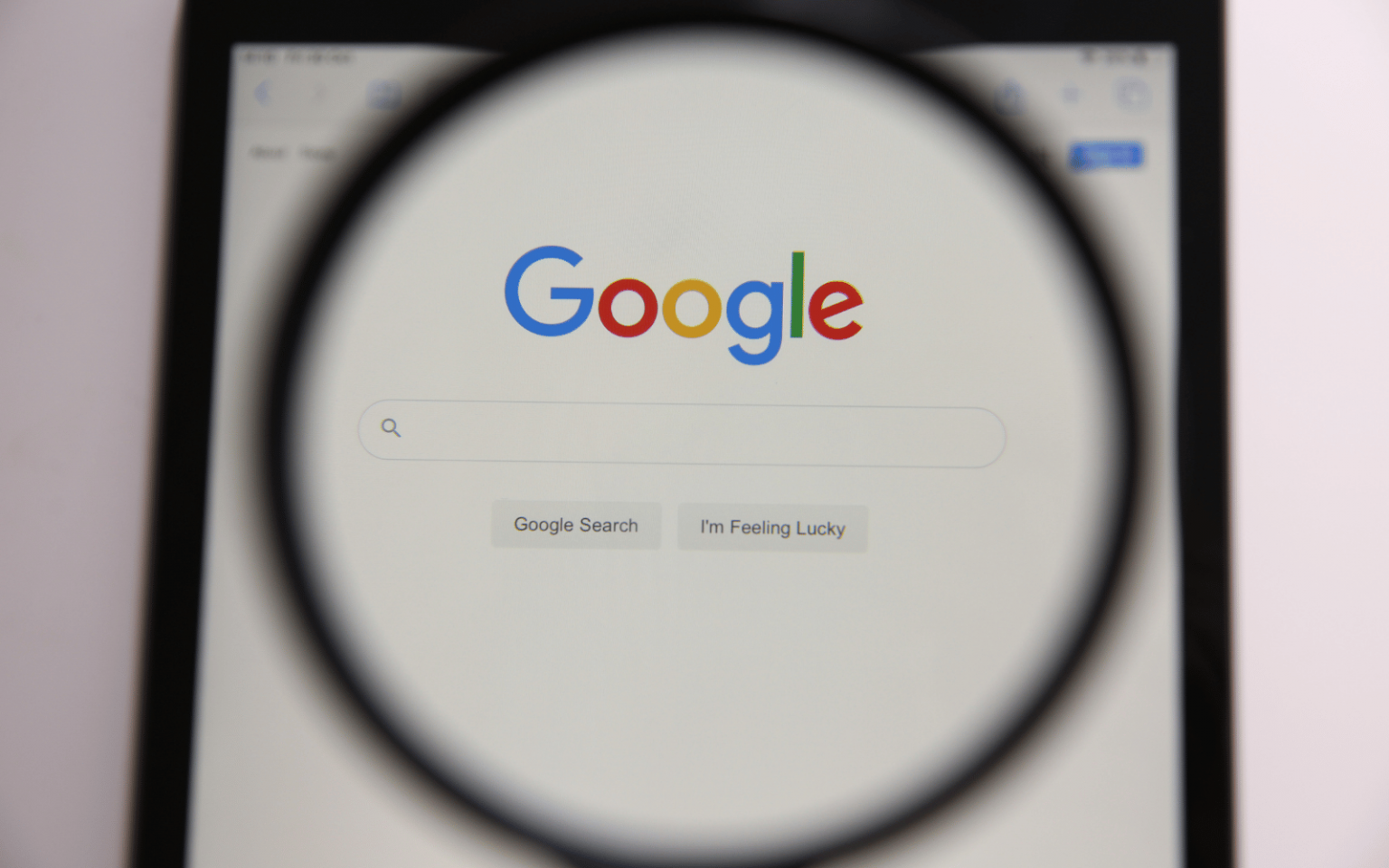On Friday, OpenAI’s high-flying chief executive Sam Altman was unexpectedly fired by the company’s board. Co-founder and chief technology officer Greg Brockman was also removed as the board president, after which he promptly resigned. In an unexpected twist, talks began today about potentially reinstating Altman in some capacity following an outpouring of industry and investor support for him and several OpenAI researchers who quit their jobs in solidarity. Shockingly, however, that too was not to be. As of publication, Bloomberg reporters announced OpenAI’s interim CEO, Mira Murati, had not managed to rehire Altman and Brockman as she had planned. Instead, the board found a new CEO…
Author: The Conversation
Someone tracking the conflict raging in the Middle East could have seen the following two videos on social media. The first shows a little boy hovering over his father’s dead body, whimpering in Arabic, “Don’t leave me.” The second purports to show a pregnant woman with her stomach slashed open and claims to document the testimony of a paramedic who handled victims’ bodies after Hamas’ attack in Israel on Oct. 7, 2023. Even though these videos come from different sides of the Israel-Hamas war, what they share far exceeds what separates them. Because both videos, though real, have nothing to…
While ransomware incidents have been occurring for more than 30 years, only in the last decade has the term “ransomware” appeared regularly in popular media. Ransomware is a type of malicious software that blocks access to computer systems or encrypts files until a ransom is paid. Cybercriminal gangs have adopted ransomware as a get-rich-quick scheme. Now, in the era of “ransomware as a service”, this has become a prolific and highly profitable tactic. Providing ransomware as a service means groups benefit from affiliate schemes where commission is paid for successful ransom demands. Although only one of the many gangs operating,…
Screens have become seamlessly integrated into our daily lives, serving as indispensable tools for work, education and leisure. But while they enrich our lives in countless ways, we often fail to consider the potential impact of screen time on our cognitive abilities. In a new meta-analysis of dozens of earlier studies, we’ve found a clear link between disordered screen use and lower cognitive functioning. The findings suggest we should exercise caution before advocating for more screen time, and before introducing screens into even more aspects of daily life. Young people’s screen time is increasing In 2020, a UNSW Gonski Institute for Education…
Cars are no longer just a means of transportation. They have become rolling hubs of data communication. Modern vehicles regularly transmit information wirelessly to their manufacturers. However, as cars grow “smarter,” the right to repair them is under siege. As legal scholars, we find that the question of whether you and your local mechanic can tap into your car’s data to diagnose and repair spans issues of property rights, trade secrets, cybersecurity, data privacy and consumer rights. Policymakers are forced to navigate this complex legal landscape and ideally are aiming for a balanced approach that upholds the right to repair, while also ensuring the…
The Finnish tech firm Metroc recently began using prison labour to train a large language model to improve artificial intelligence (AI) technology. For 1.54 euros an hour, prisoners answer simple questions about snippets of text in a process known as data labelling. Data labelling is often outsourced to labour markets in the Global South where companies can find workers who are fluent in English and willing to work for low wages. Due to the lack of Finnish speakers in these countries, however, Metroc has tapped into a local source of cheap labour. Were it not for the prison labour program, Metroc…
There are signs of AI everywhere, it’s behind everything from customer service chatbots to the personalised ads we receive when browsing online. However, we remain largely unaware of the hidden algorithms doing the heavy legwork behind the scenes. We are currently working on a research project focusing on conversations with specialists within the field of AI. We are questioning them about their thinking and values, as well as what ethical considerations they consider most important – and why. The norms and values of developers can become embedded in the AI systems they engineer. However, they – and we – are often unaware of this,…
Interest in the incorporation of robots into security, policing and military operations has been steadily increasing over the last few years. It’s an avenue already being explored in both North America and Europe. Robot integration into these areas could be seen as analogous to the inclusion of dogs in policing and military roles in the 20th century. Dogs have served as guards, sentries, message carriers and mine detectors, among other roles. Utility robots, designed to play a support role to humans, are mimicking our four-legged companions not only in form, but in function as well. Mounted with surveillance technology and able to ferry equipment,…
On November 4, X owner Elon Musk unveiled his new AI chatbot Grok: a sarcastic ChatGPT alternative supposedly “modelled” after The Hitchhiker’s Guide to the Galaxy, one of Musk’s favourite books. The verb Grok means “to understand intuitively or by empathy, to establish rapport with”. Science-fiction writer Robert Heinlein first coined the term, which is now used by people in the computer science industry. According to xAI, another company in Musk’s diversified technology portfolio, Grok “is designed to answer questions with a bit of wit and has a rebellious streak, so please don’t use it if you hate humour!” Announcing Grok! Grok is an…
In a time of war and populism, the world needs quality information and credible news outlets. Local news is a part of this healthy ecology. But news publishers have struggled to find ways to make money in recent years – especially as referral traffic and ad revenue from social media sites continue to fall. The monopoly power of large platforms, and the control they exert over news distribution, was one reason Australia’s competition authorities introduced the News Media Bargaining Code in 2021. This code has prompted Google and Meta to strike deals with a number of Australian media organisations, addressing the…










